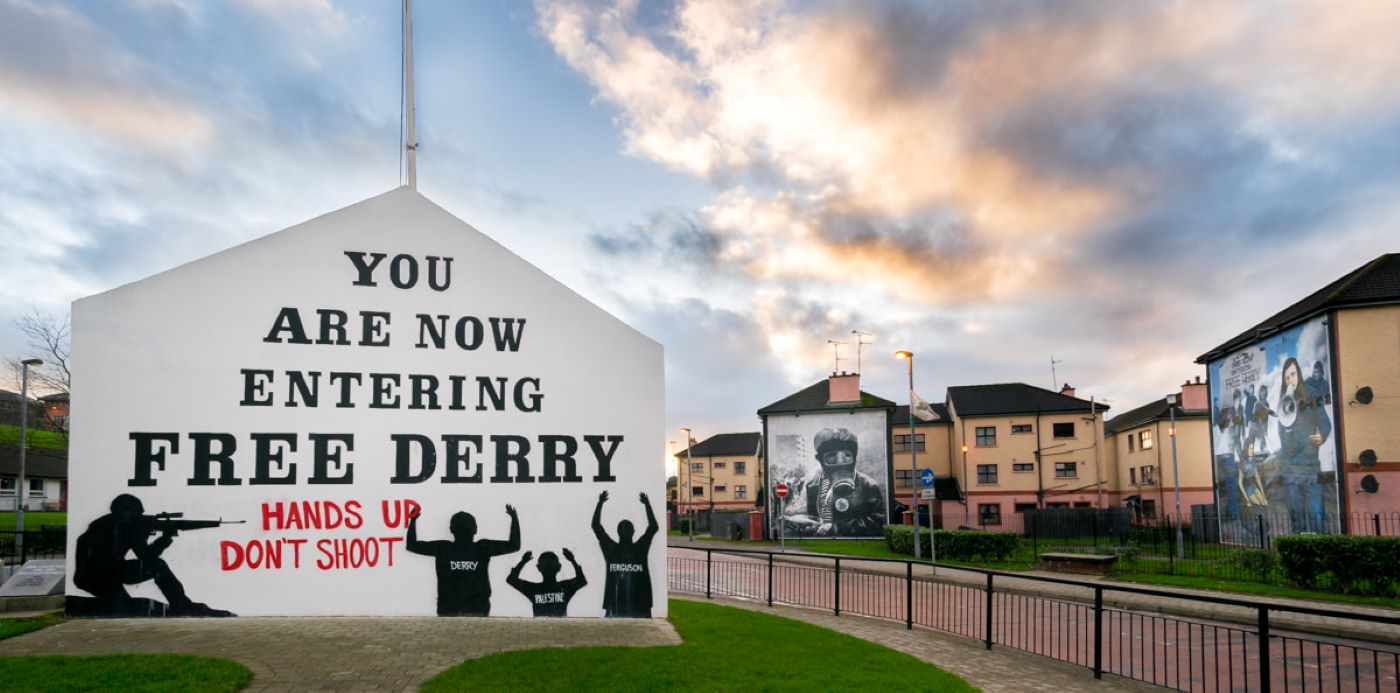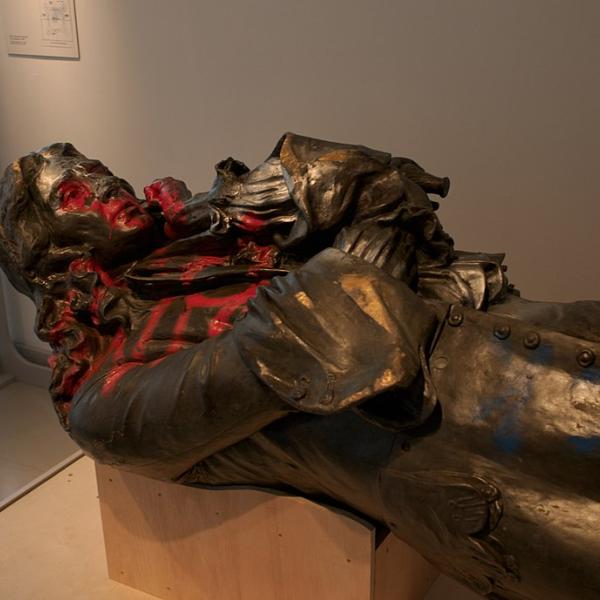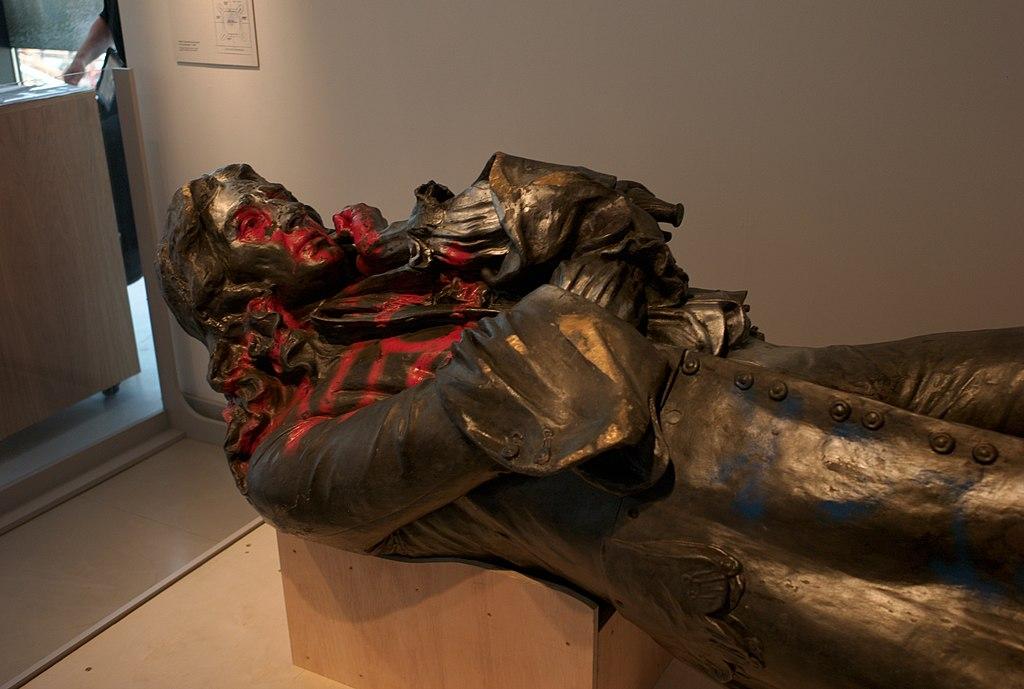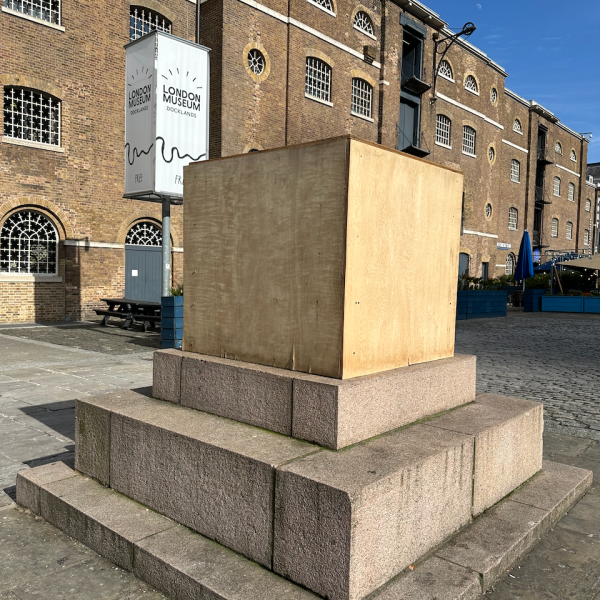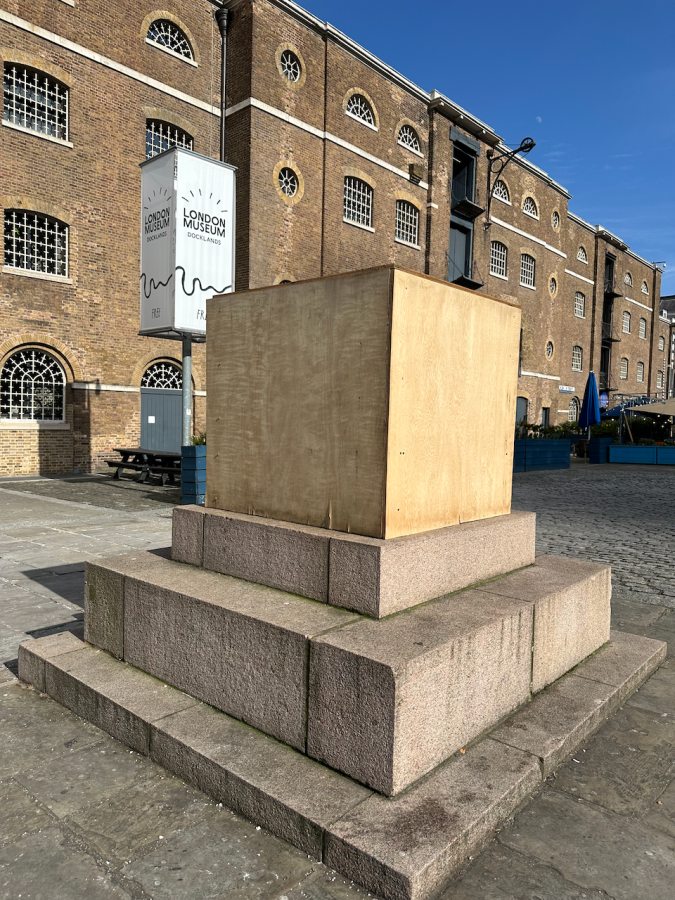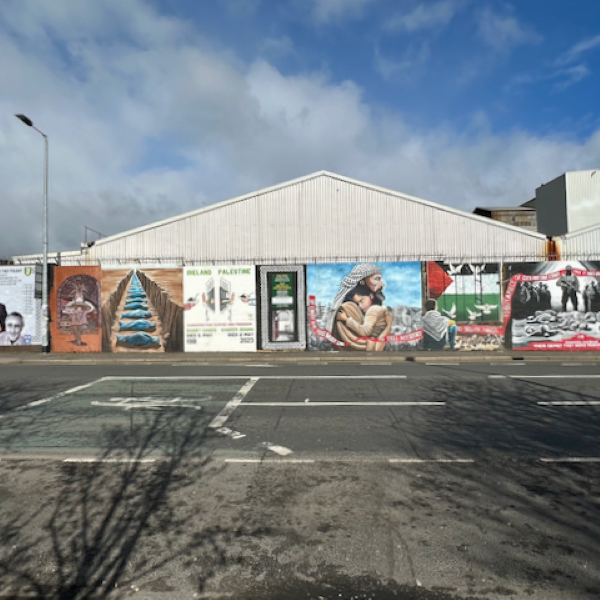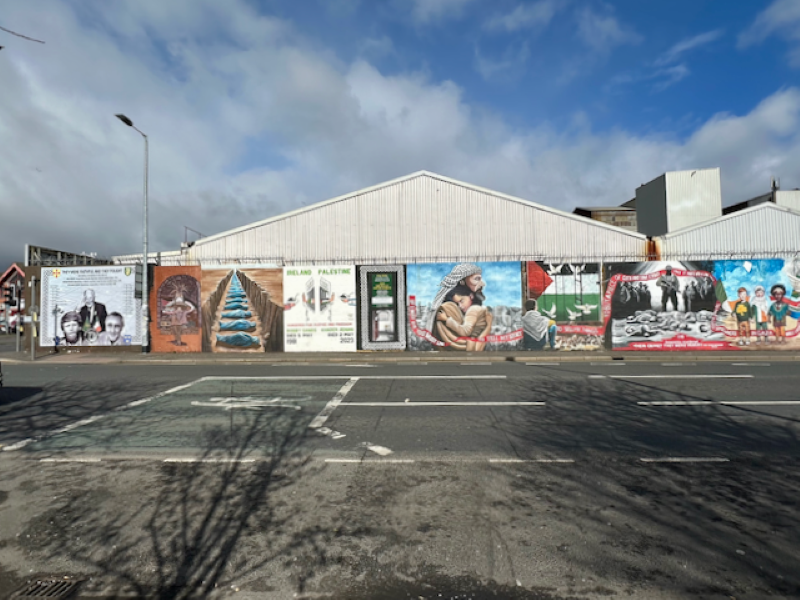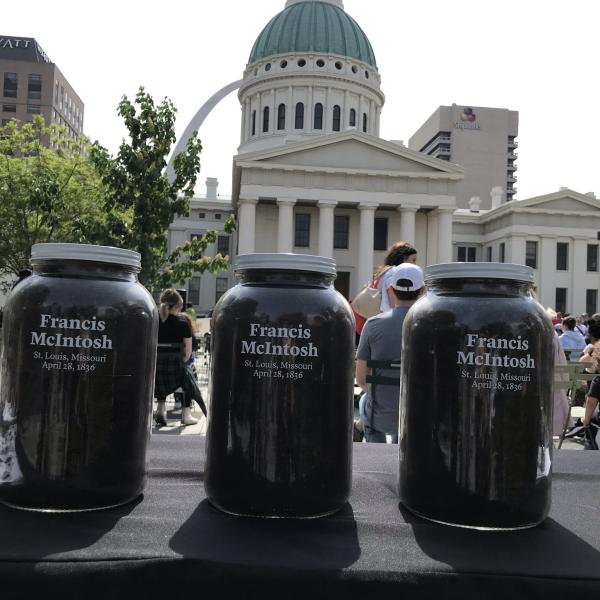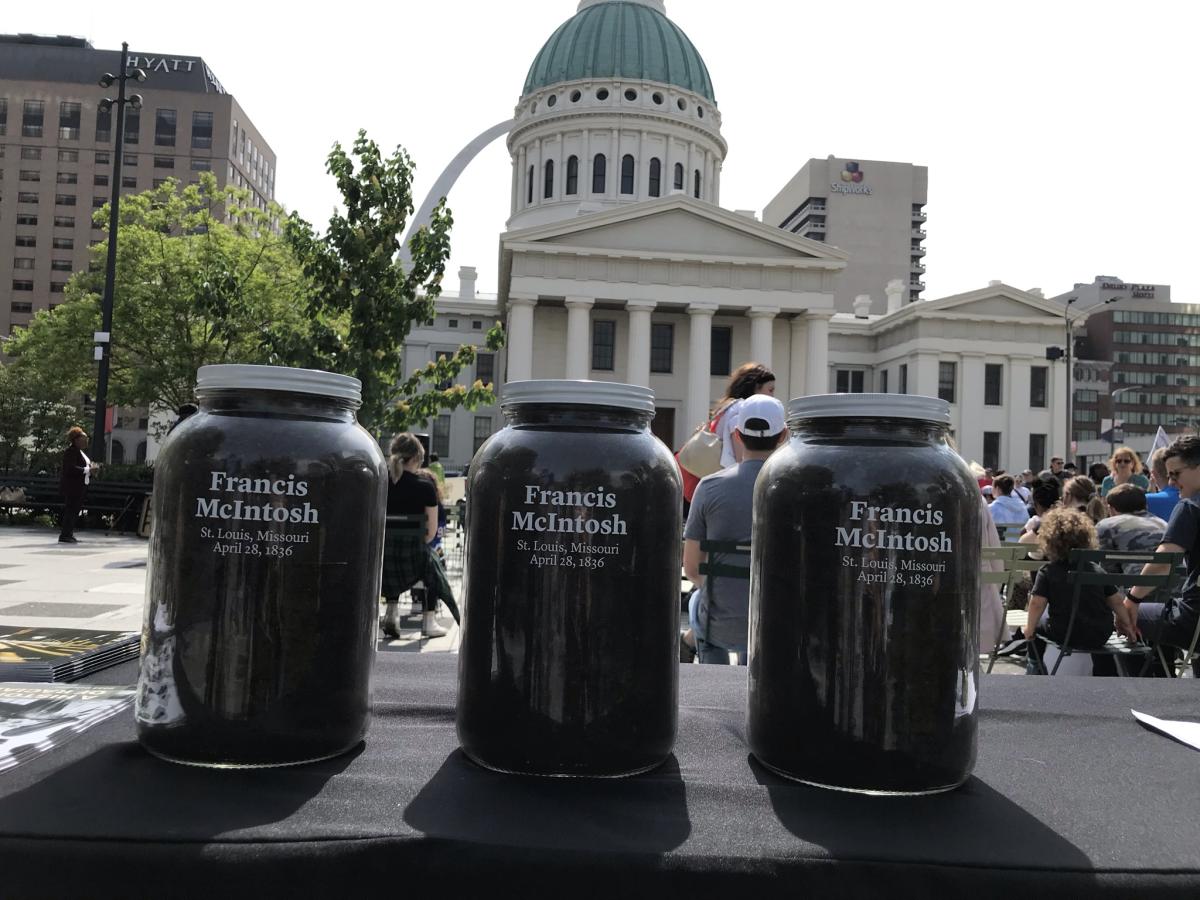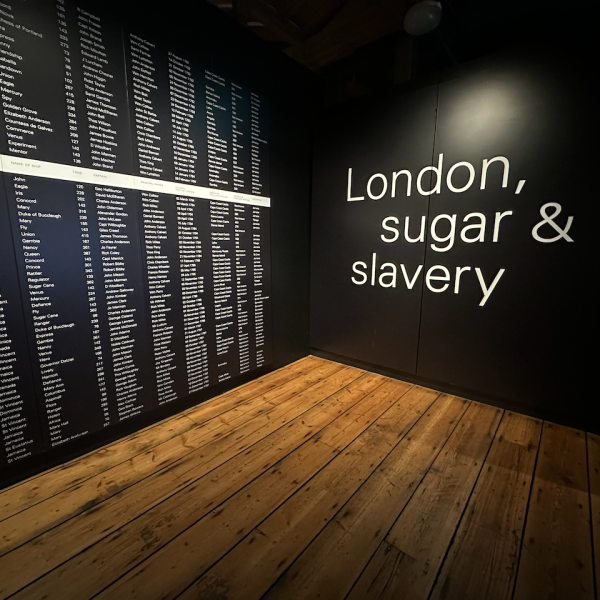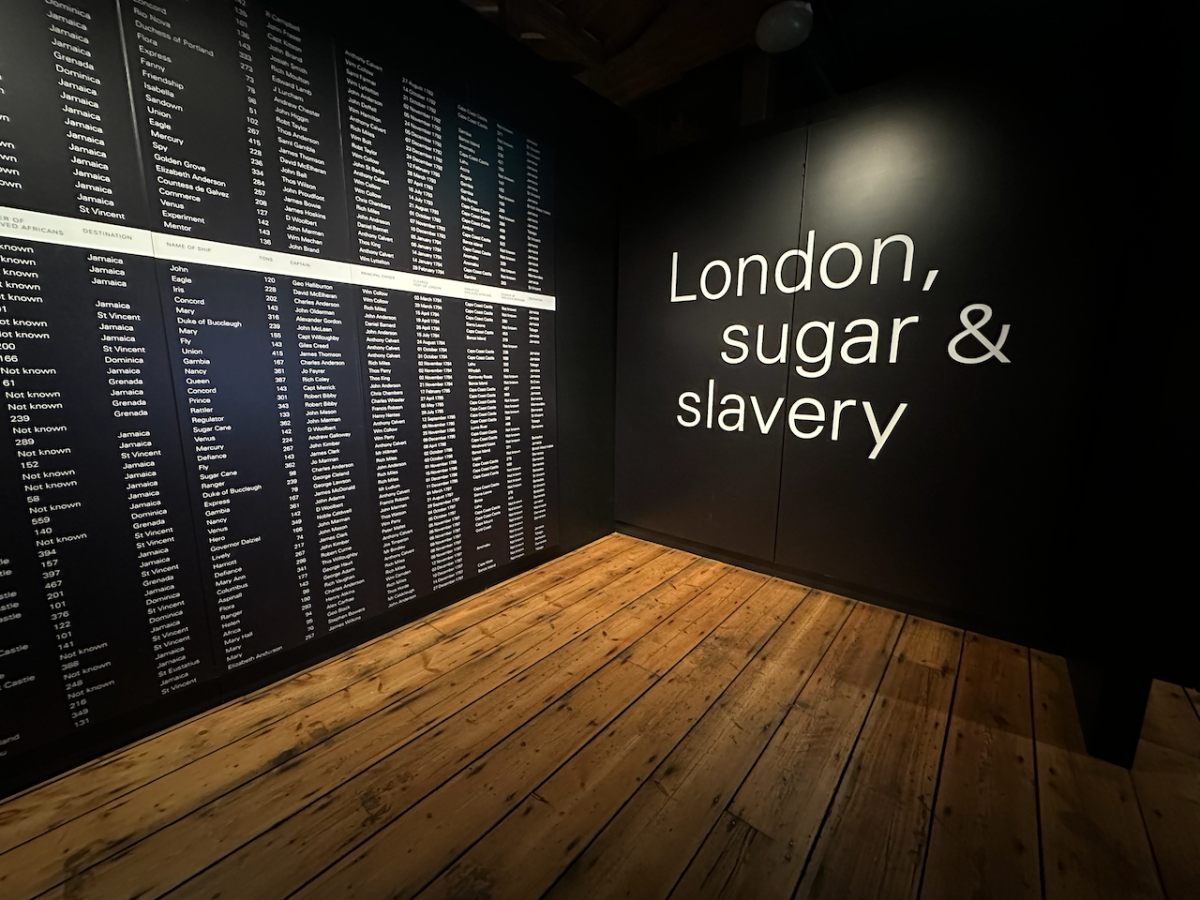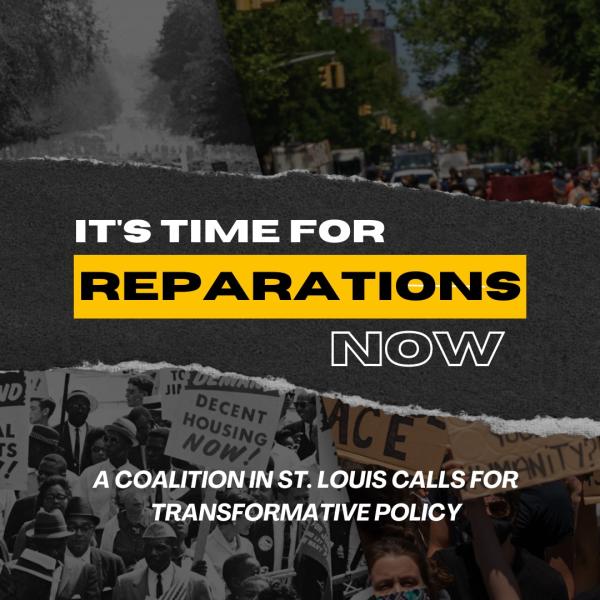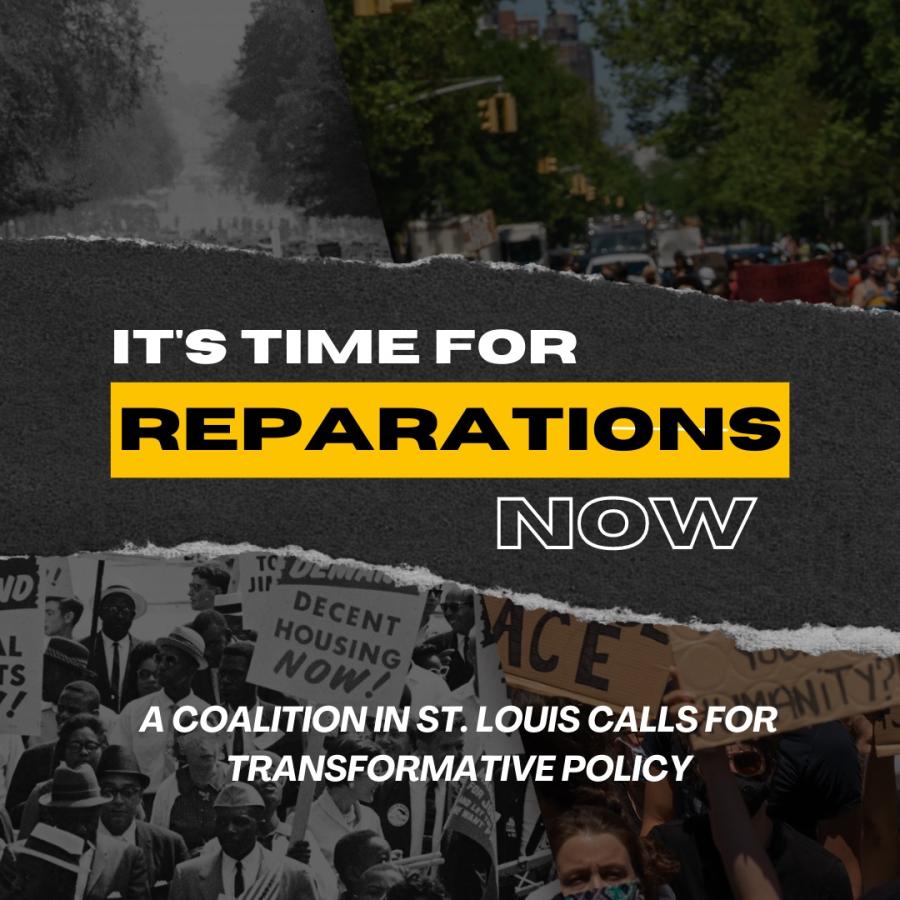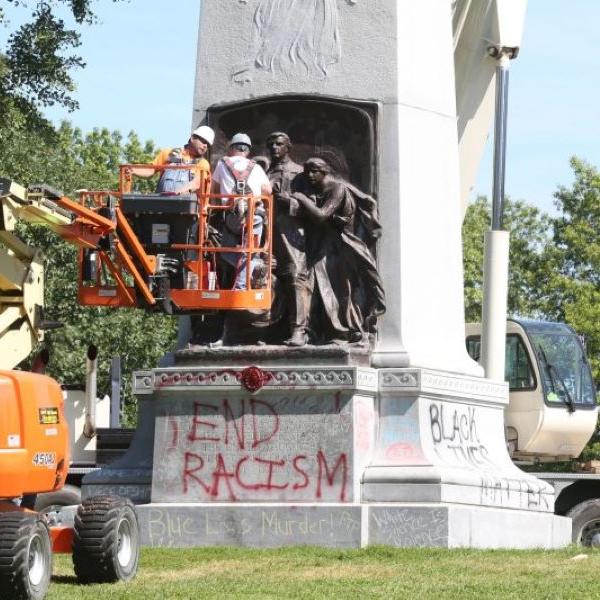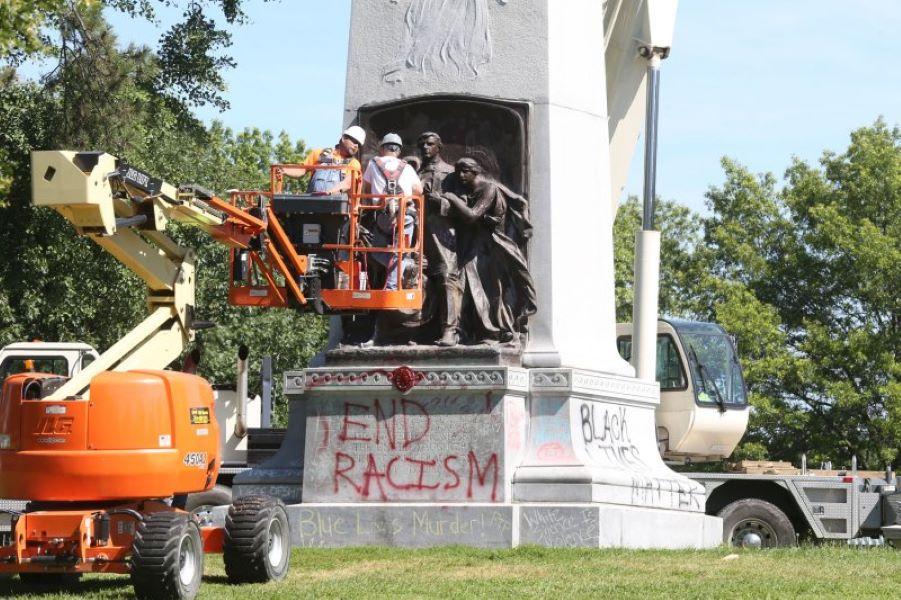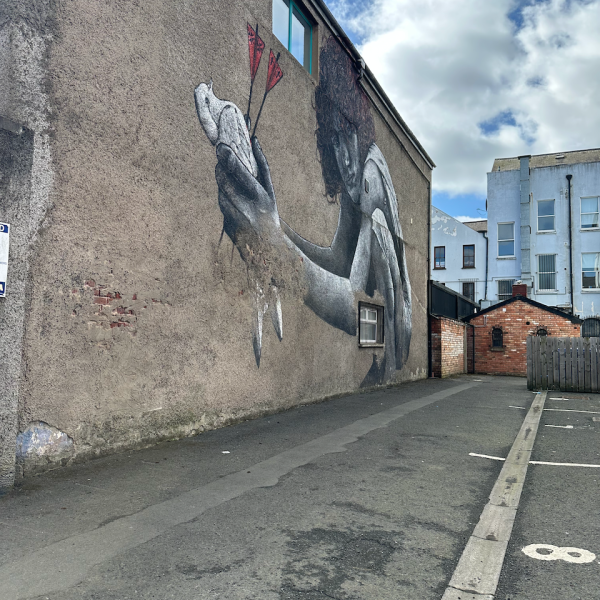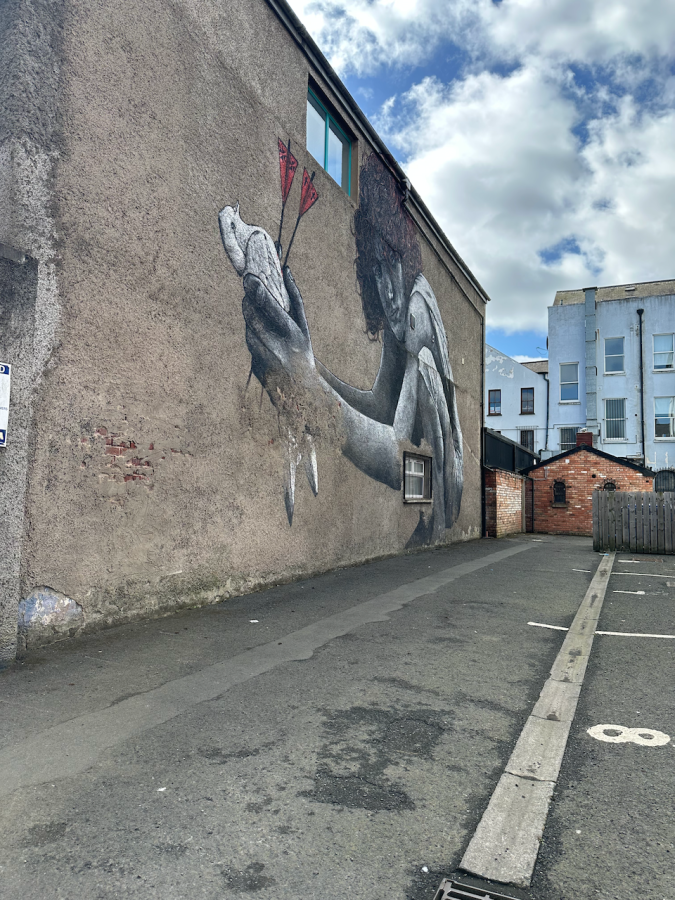Grapple with the legacies of historical injustice in St. Louis and around the world, and build a collective understanding of local and global reparative efforts.
As a growing body of social science research attests, the continuing effects of historic injustice are among the world's most pressing problems. This rotating Ampersand course examines how communities understand and grapple with these legacies, especially relating to colonialism, slavery, genocide, and other systematic violence, using strategies of community remembrance and repair (including reparations processes, exhibits in and beyond museums, oral historical initiatives, and alterations to the monumental landscape) to advance transformative justice. The course combines grounding in reckonings with historic injustice in greater St. Louis with comparative engagement with other U.S. and global contexts. Engaging these issues from a variety of perspectives—spanning the humanities and social sciences, art and design, public health, law, and education—we will apply theoretical and empirical frameworks to existing or potential approaches to transformative justice that aim to address and repair historic harms. Our core goal is to work together to consider and build comparative and collective understanding of community reckonings with the legacies of historic injustice, informing local, national and global reparative efforts.
Header image credit: Giuseppe Milo, Free Derry Corner Northern Ireland (94834113), CC BY 3.0

